Recommendation
David Shambaugh’s marvelous exploration – one of The Economist best books of 2013 – sets the context for China’s foreign and domestic policies and provides an informed perspective on China’s tortured history. With China’s increasing prominence, policy makers and scholars need this kind of deeper understanding. Shambaugh, who is the director of the China Policy Program at the Elliott School of International Affairs at George Washington University, believes that conventional wisdom about China’s emergence as a global power may exaggerate its standing. China could be doomed to be a “partial power” because it focuses so narrowly on its own interests. China’s global impact militarily, commercially and culturally has been quite limited. For more surprises, getAbstract recommends this book to anyone seeking insight into China’s policies, including decision makers, executives, investors, diplomats and students.
Summary
About the Author
Political science and international affairs professor David Shambaugh directs the China Policy Program in the Elliott School of International Affairs at George Washington University.









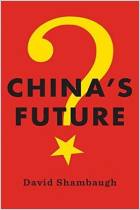

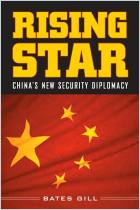
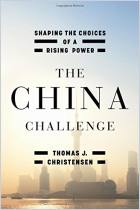
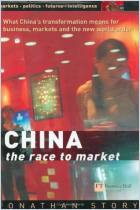
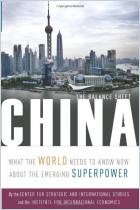
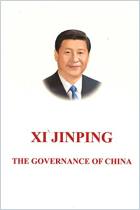





Comment on this summary or Démarrer une discussion